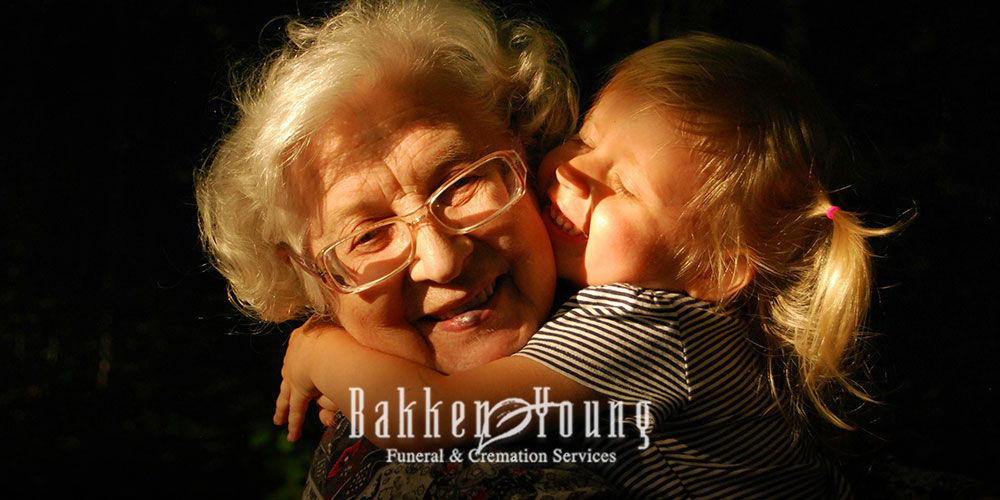Grieving Together: How Families Can Support Each Other During Loss
Loss is an overwhelming experience that affects not only the individual who is grieving but also the entire family. In times of tragedy, especially the loss of a spouse, families often struggle to navigate the emotional turbulence that follows. Grief is deeply personal, yet it also binds family members together, sometimes creating a shared sense of sorrow and connection. For a widow, the grief of losing a partner is profound and can feel isolating, but with the support of family, healing can begin. Effective communication and mutual support are essential in helping each family member cope with their emotions.
Understanding Grief as a Family Experience
When a family faces a loss, it is important to recognize that everyone’s grieving process will look different. While the widow may experience feelings of emptiness, loneliness, and sadness, other family members might feel a range of emotions, from guilt and confusion to anger or fear. Everyone needs to understand that grief does not follow a set timeline, and it’s okay for each person to grieve in their way. For a widow, this may involve feeling an immense void in their life as they navigate the world without their partner. For children or other relatives, grief might manifest in ways that feel confusing or difficult to process.
The widow’s perspective is often one of deep personal loss, and during this time, family members should try to respect their needs while also offering emotional support. Understanding that grieving as a widow can be isolating can prompt other family members to step forward, offering patience and a listening ear.
Communicating Openly and Honestly
Communication is key in supporting each other during this difficult time. It can be hard to know what to say, especially if someone is emotionally fragile. The widow may not have the words to describe their feelings, or they may fear burdening others with their pain. However, opening lines of communication helps break down the walls of isolation that often accompany grief.
Encourage family members to express their emotions, even if uncomfortable with the conversation. Sometimes simply acknowledging the loss and validating each other’s feelings can bring comfort. For example, saying something like, “I miss them too,” or “I don’t have all the answers, but I’m here for you,” can reassure the widow that they are not alone in their grief.
It’s also important to understand that communication involves listening, not just speaking. Family members should give the widow space to express their sorrow without judgment or the need to offer immediate solutions. Acknowledge that the pain is real and valid, and allow them to share memories, experiences, and emotions at their own pace.
Offer Practical Support and Be Present
Grieving can feel all-consuming, and the widow may feel overwhelmed by day-to-day responsibilities, whether it’s managing household tasks, taking care of children, or handling financial matters. Offering practical help can alleviate some of the burden during this time. Family members can step in by helping with cooking meals, running errands, or simply offering a break from daily routines.
Sometimes, the simplest gestures—like sitting together in silence or going for a walk—can offer the comfort of companionship without needing all the answers. This presence allows the widow to feel supported while honoring their grief process.
Respecting Boundaries and Embracing the Journey Together
Each person in the family may respond to grief differently, and it’s crucial to respect personal boundaries while remaining available to provide comfort. For some, this might mean checking in regularly, while for others, it may mean offering space to grieve in solitude. The widow may need time to process their emotions before being ready to engage with others fully.
Families should also recognize that healing is not a linear process. Grief has no timeline, and moments of sadness may resurface unexpectedly. Encouraging one another to embrace the journey together, without rushing the process, can help the family navigate grief as a united front.
Be a Family – Join us for a free grief webinar.
Losing a loved one is never easy, and the experience of grieving can be especially challenging for a widow. However, by fostering open communication, providing emotional and practical support, and respecting each other’s grieving processes, families can help one another heal. It is in these moments of vulnerability that bonds are strengthened, and families can begin the process of rebuilding their lives, together.
If you or a loved one is widowed or grieving the loss of a partner, join us for a free grief webinar this month.


Add Comment